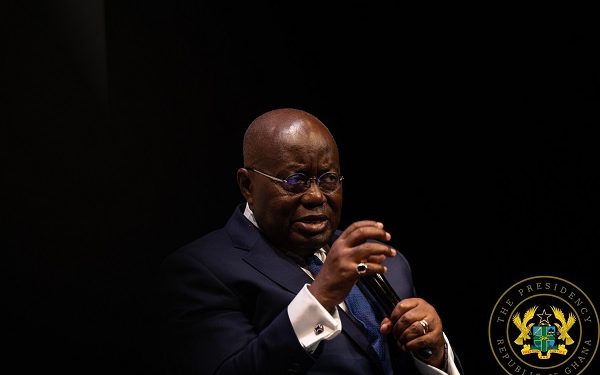Emission Levy to increase cost of electricity – CEO of Independent Power Generators Ghana

The Chief Executive Officer of the Independent Power Generators, Ghana (IPGG), Dr. Elikplim Kwabla Apetorgbor, has projected that the Emission Levy will increase the cost of electricity.
He stated that this law imposes a levy of GHS100 per tonne on carbon dioxide equivalent emissions from the electricity producers.
As a direct consequence of this statutory incidence on the power producers, there will be an upward adjustment in the cost build-up of the electricity generation, he added.
“Power plant management and operation are cost-sensitive, just as the downstream petroleum sectors. Specifically, the levy will be added to the operational costs build-up of the power plants.”
“The implementation of the Emissions Levy Act, 2023 necessitates an equal measure of review of the electricity generation tariff, to ensure the predictability of the cash flow obligations of the power producers. This adjustment is essential to cover the increased operational costs induced by the imposition of the Emissions Levy, Act 2023 (Act 1112) to ensure an operational reliability and sustainability,” he said in a statement.
Read below his full statement…
Impact of the Emissions Levy Act, 2023 (Act 1112) on Electricity Generation Tariffs in Ghana.
- The implementation of the new tax laws and amendments directs the enactment of the Emissions Levy Act, 2023 (Act 1112). This law imposes a levy of GHS100 per tonne on carbon dioxide equivalent emissions from the electricity producers, as statutory incidence;
- In accordance with the Power Purchase Agreements (PPAs), this legislation is a political risk (an Increased Cost Event) mitigated by an Increased Costs clause in the Agreements, which suggests a pass-through mechanism, where the economic incidence goes to the end user;
- As a direct consequence of this statutory incidence on the power producers, there will be an upward adjustment in the cost build-up of the electricity generation. Power plant management and operation is cost sensitive just as the downstream petroleum sectors. Specifically, the levy will be added to the operational costs build-up of the power plants;
- Impact on Electricity Users – The implementation of the Emissions Levy Act, 2023 necessitates an equal measure of review of the electricity generation tariff, to ensure the predictability of the cash flow obligations of the power producers; and.
- This adjustment is essential to cover the increased operational costs induced by the imposition of the Emissions Levy, Act 2023 (Act 1112) to ensure an operational reliability and sustainability.
Dr. Elikplim Kwabla Apetorgbor
Power Systems Economist & CEO, IPGG






